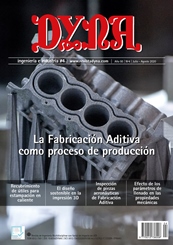PERFORMANCE EVALUATION AND SUSTAINABILITY ANALYSIS OF AN IMPROVED CHARCOAL COOKSTOVE BY WBT AND CCT METHODS. APPLICATION IN BANDUNDU (D.R.CONGO)
Keywords:
carbón vegetal, emisiones, diseño, biomasa, leña, sub-sahariano, energía, charcoal, cookstove, emissions, wood, biomass, sub-Saharan, energyAbstract
More than 80% of the population of developing countries use wood to cook food. Cooking is carried out using traditional stoves (TCS) of low energy efficiency, which leads to excessive fuel consumption with direct consequences on deforestation and local ecosystems. This work consists in the analysis of the operation and performance of the necessary tests of an improved stove (ICS) for the replacement of the TCS model. Two methods of laboratory tests were used, the boiling water test (WBT 4.3.2) and the controlled cooking test (CCT v.02). The results show a clear improvement in terms of fuel savings of 40.7% compared to the TCS model, and a reduction in pollutant emissions between 24.8 and 27.5% for CO and between 18.8 and 28.3% for PM, in the phases of high and low power, respectively. The reduction in CO2 emissions of the ICS is estimated at 1.4 t CO2 per year per family and household economic savings, due to the reduction in fuel consumption, represents US $ 193.7 per year, per household. Key Words: charcoal, cookstove, emissions, wood, biomass, sub-Saharan, energyDownloads
Published
2020-07-01
Issue
Section
ARTICULOS

